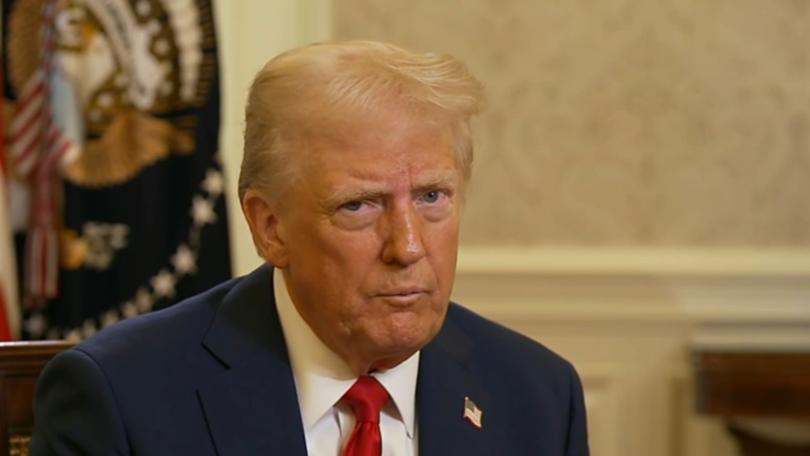Donald Trump: US-style push back against hiring quotas, diversity programs unlikely in Australia, says expert
Donald Trump’s push-back on diversity quotas and inclusion programs has some Aussie experts fearing for their job security — but one academic insists there is still a way forward.

A US-style push back of diversity quotas and inclusion programs is “unlikely” in Australia according to experts, despite influential tech bros Mark Zuckerberg and Elon Musk’s crusading against the policies.
When the Meta boss lamented the loss of “masculine energy” in corporate culture during an interview with conservative US podcaster Joe Rogan earlier this month, it was just the latest in a push back against diversity, equity, and inclusion (DEI).
Musk in December had said “DEI is just another word for racism” while US giants Amazon, McDonald’s, Walmart had all ditched DEI targets.
Sign up to The Nightly's newsletters.
Get the first look at the digital newspaper, curated daily stories and breaking headlines delivered to your inbox.
By continuing you agree to our Terms and Privacy Policy.During Donald Trump’s inaugural address on Monday as he was sworn in as 47th president, the US leader declared the federal government would only recognise two sexes, male and female, under a new executive order.
“This week, I will also end the government policy of trying to socially engineer race and gender into every aspect of public and private life. We will forge a society that is colourblind and merit-based,” Mr Trump said.
Australian diversity and inclusion expert Judy Lundy said while similar DEI resistance was emerging, she didn’t expect workplaces Down Under would have the same transformation as corporate America.
“I do think we’re not immune to what’s happening but there’s signs of difference in Australia,” the Edith Cowan University lecturer said.
“First and simply, we don’t have the degree of political polarisation in Australia. There’s also a number of legislative mechanisms in Australia that remain as strong drivers for organisations to stay committed to the diversity, equity and inclusion agenda.”
In a research project gauging the beliefs of Australian workers in mid-2023 by humanitarian organisation Plan International Australia found 17 per cent of people believed gender equality was “no longer an issue” and change for equality for women has “gone too far”.
It was a rejection echoed in a survey of Rio Tinto workers in 2024, which showed in their efforts to fix cultural issues over the past two years some male workers felt “undervalued or overlooked” believing reverse discrimination was at play.
Dr Lundy said it was a different legislative playing field in Australia, where if firms did follow suit and defund DEI teams — it would only increase their risk of legal action if discrimination did occur in the workplace.
“Of course, what the introduction of positive duty under the Sex Discrimination Act showed was we value equality. All states and territories have psychosocial requirements in their legislation,” she said.
Despite the legislative backing, Dr Lundy said some Australian practitioners were already discussing their concerns over job security as the debate intensified.
Dr Lundy said at a time when DEI initiatives were being challenged as a “woke ideology” Australian practitioners should be more focused on explaining the benefits diversity has on business bottom-line.
“We haven’t done a good job in communicating that DEI creates better workplaces for all,” Dr Lundy said.
“We have more generations in the workplace than ever before. You need inclusion to unleash that potential.
“For a long time, there have been two main schools of thought. One is the social justice case, which is that it’s the right thing to do.
“The opposite of that is that it’s about the business case. It’s better to diversify workplace culture as it enhances profit.”
It comes after Zuckerberg last week informed employees about the decision to “move out”, “approximately 5 per cent of our lowest performers” and announced Meta would end its third-party fact-checking program.
